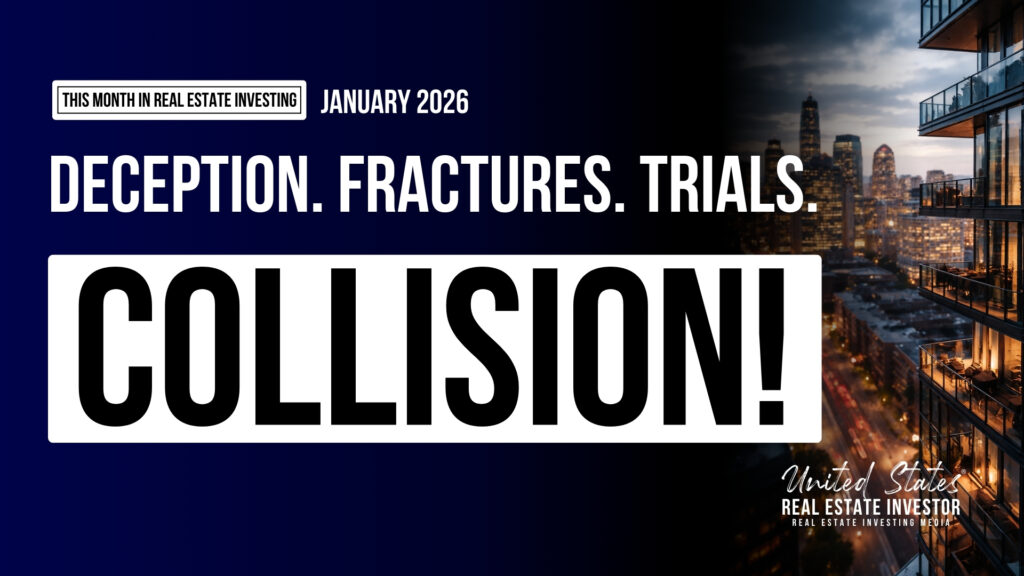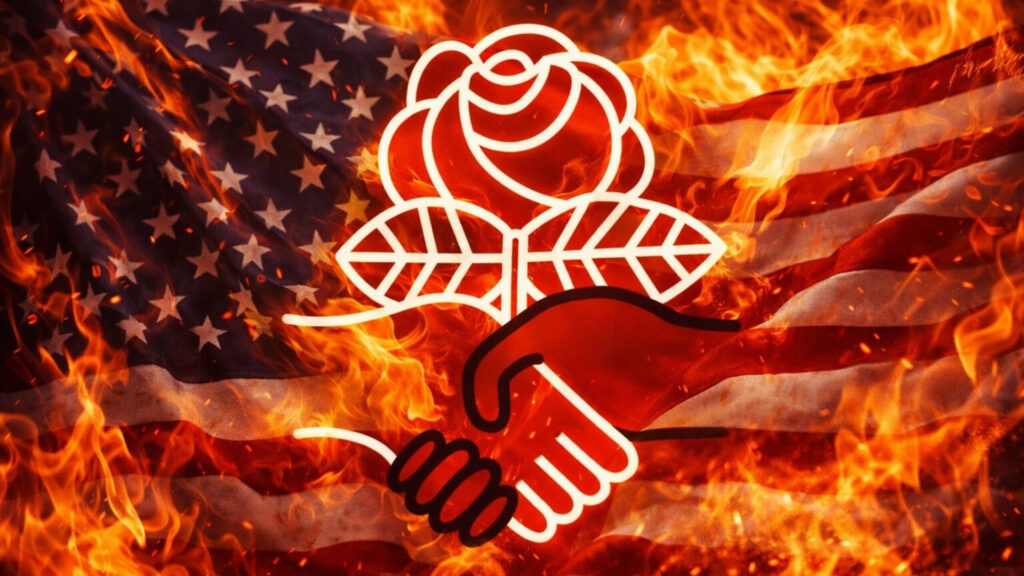Key Takeaways
- A major landlord group holding $500 million in assets has filed a lawsuit against NYC Mayor Eric Adams over the city’s recent eviction freeze.
- Landlords claim the eviction freeze is driving financial losses, risking bankruptcies, and triggering a sharp decline in property values.
- The lawsuit introduces significant uncertainty for investors and raises concerns about the future stability of New York City’s vast real estate market.
Tensions Rise as Landlords Challenge Eviction Freeze in NYC
Shockwaves rip through New York City’s real estate terrain as a $500 million landlord consortium launches a seismic lawsuit against Mayor Eric Adams, targeting the city’s sweeping eviction freeze.
Property owners, paralyzed by mounting losses, warn of bankruptcies, plummeting property values, and catastrophic ripple effects.
Investors now face a chilling landscape fraught with uncertainty, as the survival of the city’s multi-billion-dollar market hangs by a thread, teetering on the brink of unprecedented financial disaster.
What unfolds next threatens the very foundation of industry stability.
Landlords Challenge Eviction Freeze in High-Stakes Lawsuit
As legal chaos erupts across New York City, a sweeping lawsuit now threatens to upend the financial foundation of the real estate industry. The city’s mayor and his administration, already entangled in a web of legal disputes, now face ferocious opposition from a $500 million landlord group. These landlords have filed a bombshell lawsuit over an eviction freeze, sending shockwaves through the heart of the property market.
The implications of this action are staggering, with livelihoods, property values, and the basic principles of property ownership hanging in the balance.
Reports reveal a city gripped by uncertainty. At stake is the very core of building safety and tenant rights. The legal action, brought forth by powerful landlord associations, claims that New York City’s evolving policies disrupt the fragile economic footing of property owners.
The push to freeze evictions, while seen by many as a necessary shield for vulnerable tenants, raises alarms over long-term building maintenance. Landlords warn that without the ability to collect rents or manage tenants, *paramount* upkeep will falter, turning once-thriving buildings into potential hazards.
The Rent Guidelines Board (RGB), which has been shaped by Adams’ own appointees, is also poised to vote on preliminary rent increase ranges in the coming week, adding further tension to this high-stakes standoff.
Essential repairs are delayed, vital safety systems neglected, and tenant rights eroded by deteriorating conditions and lack of accountability. Earlier this year, the NYC Council filed a lawsuit against an executive order issued by Mayor Adams, challenging what they called unlawful decision-making and conflicts of interest in city governance.
At the heart of this court battle lies a clash between economic survival and social protection. Advocates for tenants demand robust rights, a shelter from the storms of eviction and homelessness. But for those who own and operate the city’s vast real estate portfolio, the freeze threatens their financial future.
Mounting costs for repairs, compliance, and taxes compound mercilessly as steady income dries up. Building safety, once a pillar of New York’s legendary skyline, teeters on the brink, with owners struggling to fund fire alarm upgrades, elevator repairs, or heating system overhauls.
The city risks an unfolding disaster, where aging infrastructure and mounting grievances ignite fierce legal and political battles.
Legal proceedings spiral from the mayor’s executive orders to the courtrooms where city officials are now scrutinized for alleged overreach, conflicts of interest, and violations of established law.
Critics accuse the administration of trampling on property rights and flouting the constitutional order.
City Council members shell out court filings, seeking to halt policies that, they argue, threaten public safety and the integrity of tenant rights. Judges express grave concerns over compliance, legality, and the risk of dangerous precedents, while advocacy organizations bolster the fight from all sides.
With every passing week, fear mounts. The specter of bankruptcy, abandoned properties, and homeless families hangs over New York’s streets.
The war over rent freezes, eviction bans, and enforcement rules is far from over, with fortunes and the future of city life suspended in relentless, terrifying uncertainty.
The outcome will reset the rules for real estate investing and property management not just in New York City, but across the entire nation.
Assessment
An unprecedented legal battle is putting New York City’s real estate industry on edge. The $500 million landlord group’s lawsuit over the eviction freeze has sparked widespread uncertainty, leaving investors and property owners anxious about the potential impacts. Concerns are mounting over rent collection issues, property values, and the future of investment in the city—fueling speculation about what’s next for both tenants and landlords.
What Does This Mean for New Yorkers?
With so much at stake, everyone—from renters to property owners—should keep a close eye on the developments surrounding this lawsuit. If you want to stay informed about how the case may affect the city’s real estate landscape, follow the latest updates and consider how you might be impacted by the outcome.

























4 Responses
So, when did landlords become the bad guys for wanting to be paid for their property? NYC is turning real estate into charity.
Honestly, I think the $500M landlords should try living paycheck to paycheck before suing over eviction freezes. What about tenant rights?
Really? Suing the mayor for protecting tenants during a pandemic? Landlords need a reality check. Theyre not the only ones struggling.
Landlords have bills too. Everyones struggling, not just tenants!